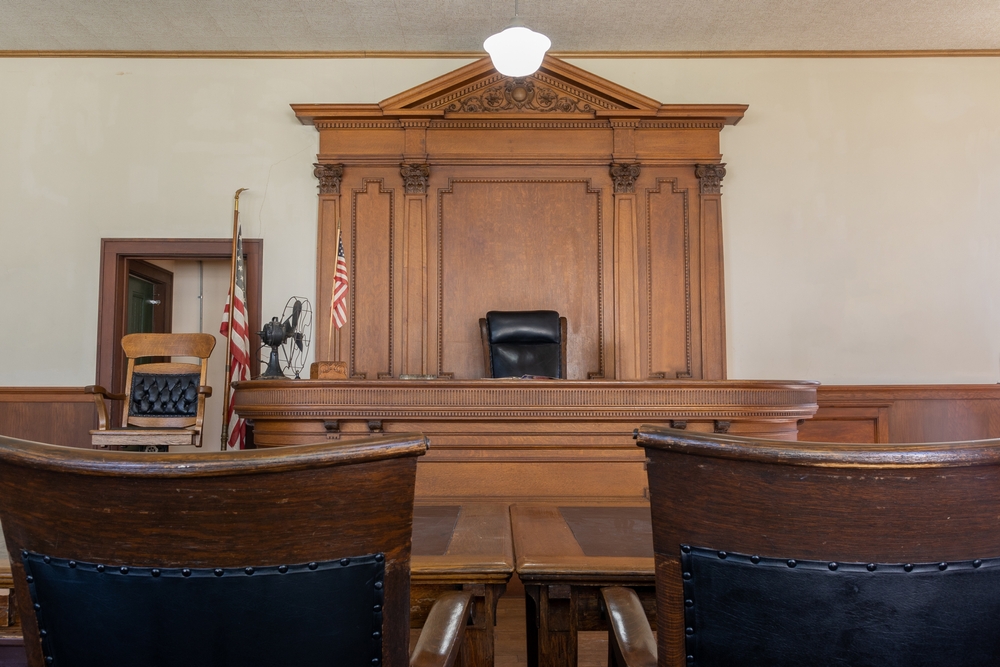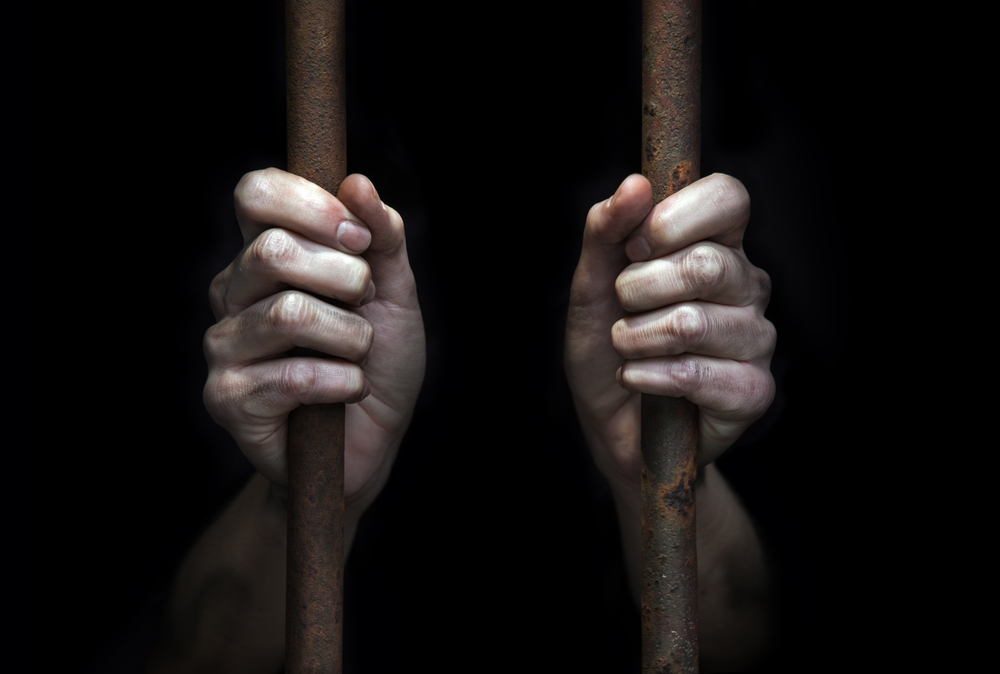The highest court in Kansas is called the “Kansas Supreme Court.”
The Kansas Supreme Court is the highest judicial authority in the state of Kansas.
Here are some key points about the Kansas Supreme Court…
- Jurisdiction – The Kansas Supreme Court has final appellate jurisdiction over all cases decided in the lower courts of the state, including the Court of Appeals and the district courts. It primarily hears appeals on questions of law and issues decisions that establish legal precedent in the state.
- Composition – The Kansas Supreme Court consists of seven justices who are appointed by the governor and confirmed by the Kansas Senate. Justices serve six-year terms. The chief justice, who presides over the court, is selected by the justices and serves a term of two years.
- Case Selection – The Kansas Supreme Court typically reviews cases on petition for review. Parties seeking review of a lower court decision must file a petition with the Supreme Court, explaining why the case warrants further review. The court has discretion in deciding which cases to accept for review.
- Functions – In addition to its appellate function, the Kansas Supreme Court is responsible for overseeing the administration of the judicial branch of government in the state. It sets rules of practice and procedure for the courts, oversees the Kansas Judicial Branch, and administers the state’s judicial system.
- Location – The Kansas Supreme Court is located in the Kansas Judicial Center in Topeka, the capital city of Kansas.
- Public Access: The Kansas Supreme Court’s decisions and opinions are typically available to the public through the court’s website and other legal databases. The court also holds oral arguments, which are open to the public, although space may be limited.
The Kansas Supreme Court plays a crucial role in interpreting and applying the law in the state, ensuring that justice is administered fairly and consistently throughout Kansas.






